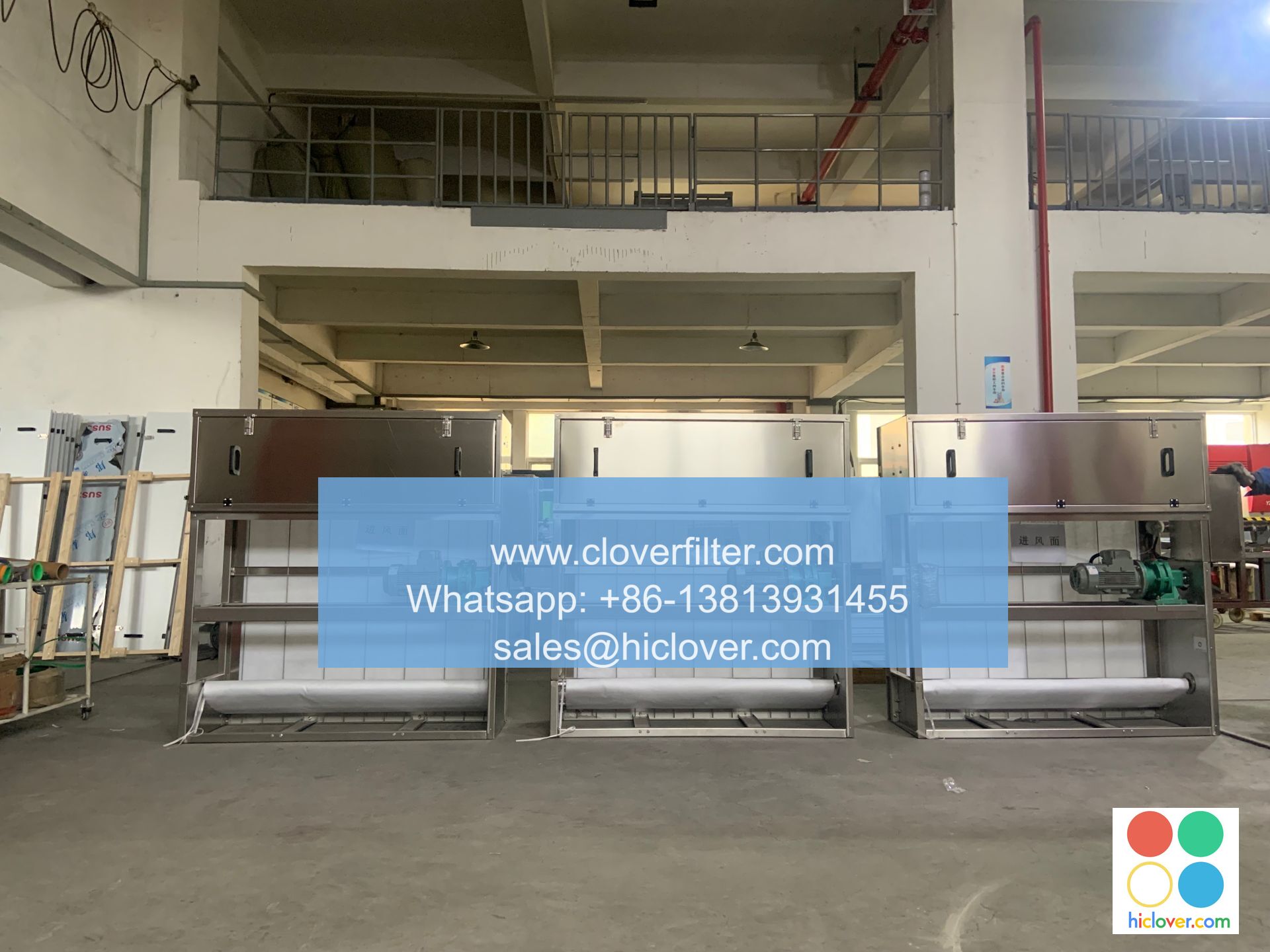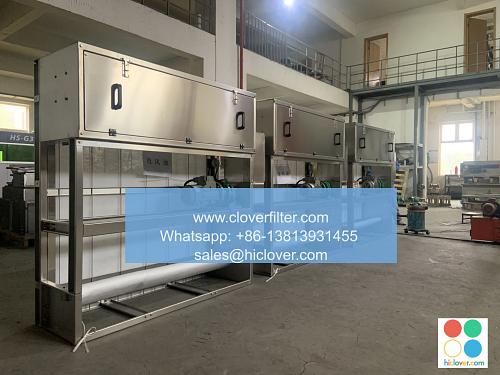How to Choose the Right Air Filter for Your Town: Climate Considerations

Choosing the right air filter for your town can be a daunting task, especially considering the varying climate conditions that can affect indoor air quality. In this article, we will discuss the importance of selecting an air filter that caters to your town’s specific climate needs, highlighting various application areas and key considerations to ensure optimal indoor air quality and HVAC system performance.
Understanding Your Town’s Climate
Before selecting an air filter, it’s essential to understand your town’s climate and how it impacts indoor air quality. Different climates require different types of air filters, and climate considerations play a significant role in determining the best air filter for your town. For instance:
* Desert climates with high temperatures and low humidity require air filters that can handle dust and sand particles, while also providing heat protection and UV resistance.
* Coastal climates with high humidity and salt air require air filters that can withstand corrosion and moisture damage, while also capturing sea salt particles and other airborne contaminants.
* Mountainous climates with cold temperatures and low humidity require air filters that can handle cold air and low airflow rates, while also providing insulation and thermal protection.
Key Considerations for Choosing the Right Air Filter
When selecting an air filter for your town, consider the following key factors:
* Filter efficiency: Choose an air filter with a high Minimum Efficiency Reporting Value (MERV) rating, which measures the filter’s ability to capture particulate matter and other airborne contaminants.
* Filter type: Select an air filter that is designed for your town’s specific climate, such as a pleated filter for desert climates or a fiberglass filter for coastal climates.
* Airflow rate: Ensure the air filter can handle the airflow rate of your heating, ventilation, and air conditioning (HVAC) system, to prevent reduced airflow and increased energy consumption.
* Maintenance requirements: Consider the maintenance requirements of the air filter, including filter replacement frequency and cleaning instructions.
Application Areas for Air Filters
Air filters have various application areas, including:
* Residential HVAC systems: Air filters are used in residential heating and cooling systems to improve indoor air quality and reduce energy consumption.
* Commercial HVAC systems: Air filters are used in commercial heating and cooling systems to improve indoor air quality and increase productivity.
* Industrial applications: Air filters are used in industrial settings to capture hazardous particles and improve worker safety.
Conclusion
Choosing the right air filter for your town requires careful consideration of climate conditions, filter efficiency, filter type, airflow rate, and maintenance requirements. By understanding your town’s climate and selecting an air filter that caters to its specific needs, you can improve indoor air quality, reduce energy consumption, and increase the lifespan of your heating, ventilation, and air conditioning (HVAC) system. Remember to consult with a qualified HVAC professional to ensure you choose the best air filter for your town’s unique climate conditions. It seems like you’re ready to start a conversation or ask a question, but you haven’t provided a specific prompt yet. What’s on your mind? Need help with something, or just want to chat?

